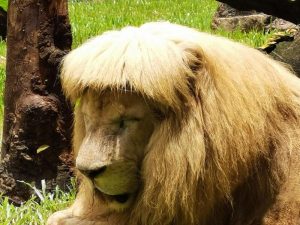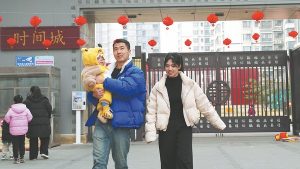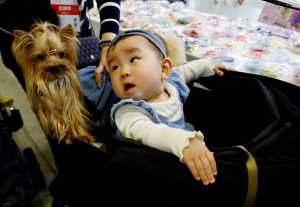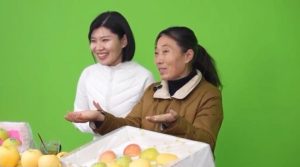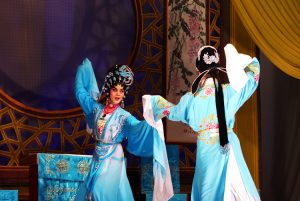Level 1
Lion at Guangzhou Zoo Goes Viral for Haircut SAMPLE
Lion at Guangzhou Zoo Goes Viral for Haircut
SAMPLE
广州动物园的狮子火了
广州动物园的狮子火了
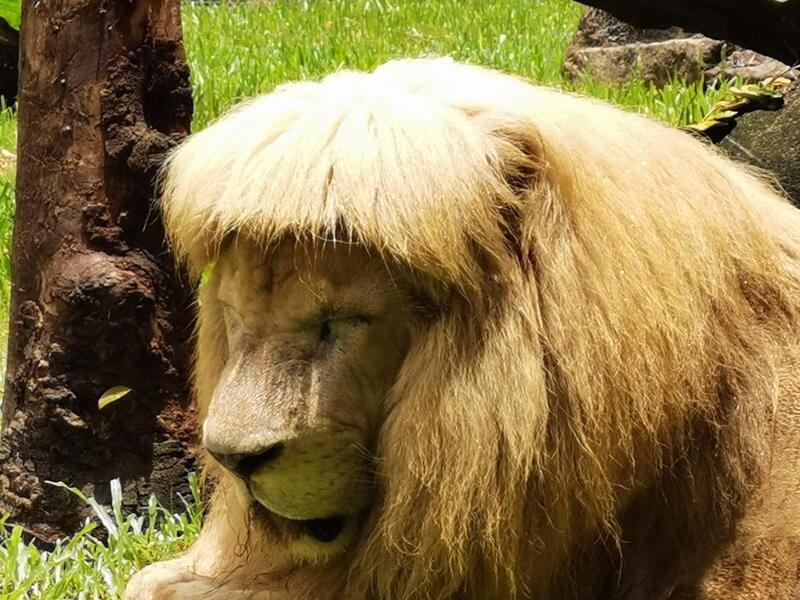
AA
AA
AA
AA
Simplified
Traditional



Pinyin



Pinyin
Keywords
动物园 - dòngwùyuán - zoo
狮子 - shīzi - lion
火 - huǒ - fire / hot (popular)
那里 - nàli - there / that place
只 - zhī - measure word for birds and certain other animals
毛 - máo - hair / feather / down / wool
特别 - tèbié - especially / special / particular / unusual
看 - kàn - to see / to look at / to read / to watch
说 - shuō - to speak / to say / to explain
好笑 - hǎoxiào - laughable / funny / ridiculous
工作 - gōngzuò - to work / job / work / task
自己 - zìjǐ - oneself / one's own
长 - cháng - length / long
剪 - jiǎn - to cut with scissors / to trim
大人 - dàren - adult / grownup
小朋友 - xiǎopéngyǒu - child
认识 - rènshi - to know / to recognise / to be familiar with / knowledge / understanding / awareness / cognition
喜欢 - xǐhuan - to like / to be fond of
Grammar
Proper Noun / Noun / Pronoun + 的 + Noun - Expressing a possessive particle, relationship or link with "Proper Noun / Noun / Pronoun + de + Noun"
广州动物园的狮子火了
它的名字叫阿杭(A Hang)。
它的毛是自己长的,不是他们剪的。
New Situation + 了 - Expressing that there is a change of state or that the action has just happened "now" with "New Situation + le"
这些天,在中国广州动物园,那里有一只狮子火了,它的名字叫阿杭(A Hang)
现在,有很多大人和小朋友们都认识它了,也都很喜欢看它。
这些 / 那些 + Noun - Expressing "these / those…" with "zhèxiē + Noun"
这些天,在中国广州动物园,那里有一只狮子火了,它的名字叫阿杭(A Hang)。
在 + Place - Expressing to be located in or at a certain place with "zài + Place"
这些天,在中国广州动物园,那里有一只狮子火了,它的名字叫阿杭(A Hang)。
Place + 有 + Object - Expressing the existence of an object in a certain place with "Place + yǒu + Object" (similar to "there is" or "there are")
这些天,在中国广州动物园,那里有一只狮子火了,它的名字叫阿杭(A Hang)。
Measure Word - Expressing the number of sth with an object specific measure word in the form of "Number + Measure Word + Noun" (if the number is one, you can omit it and use the measure word by itself)
这些天,在中国广州动物园,那里有一只狮子火了,它的名字叫阿杭(A Hang)。
Subject + 叫 + Name - Expressing sb or sth's name with "Subject + jiào + Name"
这些天,在中国广州动物园,那里有一只狮子火了,它的名字叫阿杭(A Hang)。
Noun / Pronoun + 很 + Adj. - Expressing "very" or to link a noun or pronoun and an adjective with "Noun / Pronoun + hěn + Adj." (sometimes the 很 is translated as "very" but often it is a link between a noun and an adjective)
它很大,毛也很特别,很多人看了都说:“太好笑了”。
Statement 1,也 + Statement 2 - Expressing "also" to link two statements with "Statement 1,也 + Statement 2"
它很大,毛也很特别,很多人看了都说:“太好笑了”。
Verb / Verb Phrase + 了 - Expressing that an action has been completed with "Verb / Verb Phrase + le"
它很大,毛也很特别,很多人看了都说:“太好笑了”。
Subject + 都 + Verb / Verb Phrase - Expressing "all / every" to emphasise the quantity with "Subject + dōu + Verb / Verb Phrase" (都 emphasises the quantity or frequent occurrence)
它很大,毛也很特别,很多人看了都说:“太好笑了”。
现在,有很多大人和小朋友们都认识它了,也都很喜欢看它。
太 + Adj. (+ 了) - Expressing "too" to indicate excess with "tài + Adj. (+ le)"
它很大,毛也很特别,很多人看了都说:“太好笑了”。
Verb / Adverb / Phrase + 的 + Noun - Expressed to link a noun to a preceding verb or phrase with "Verb / Adverb / Phrase + de + Noun"
在那里工作的人们说,它的毛是自己长的,不是他们剪的。
Noun + 们 - Expressing the plural form of a noun with "Noun + men"
在那里工作的人们说,它的毛是自己长的,不是他们剪的。
是 + Emphasised Detail + 的 - Expressed to draw attention to and emphasise a particular detail with "shì + emphasised detail + de" (frequently used when asking details about the past or telling details about the past)
在那里工作的人们说,它的毛是自己长的,不是他们剪的。
Noun 1 + 和 + Noun 2 - Expressing "and / together with / with" with "Noun 1 + hé + Noun 2"
现在,有很多大人和小朋友们都认识它了,也都很喜欢看它。
Noun + 很 + Verbs of Feeling - Expressing "very…" with "Noun + hěn + Verbs of Feeling" (used to increase intensity to verbs of feeling)
现在,有很多大人和小朋友们都认识它了,也都很喜欢看它。
Proper Nouns
广州动物园 - Guǎngzhōu Dòngwùyuán - Guangzhou ZooIdioms
Ready to complete the lesson's exercises?

Complete Assignment Reading
Live dictionary
 Stroke
Stroke Write
Write














